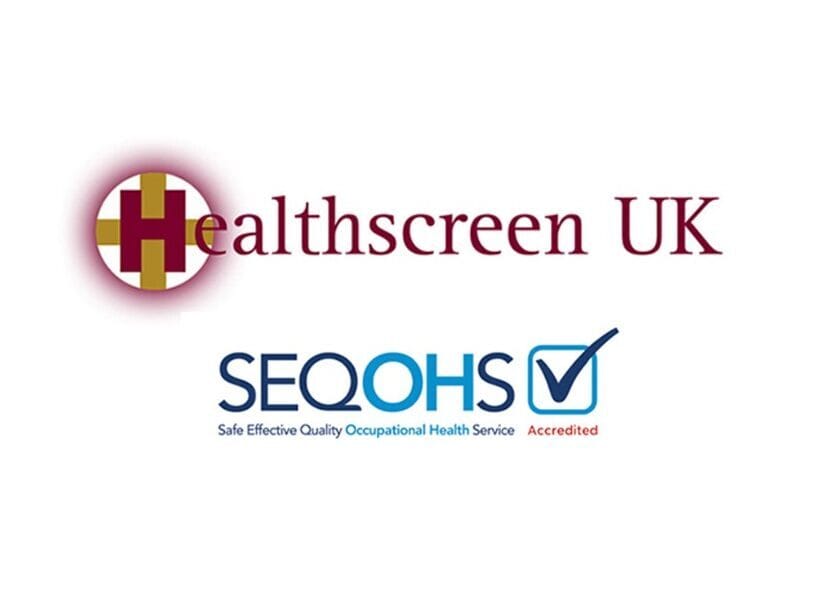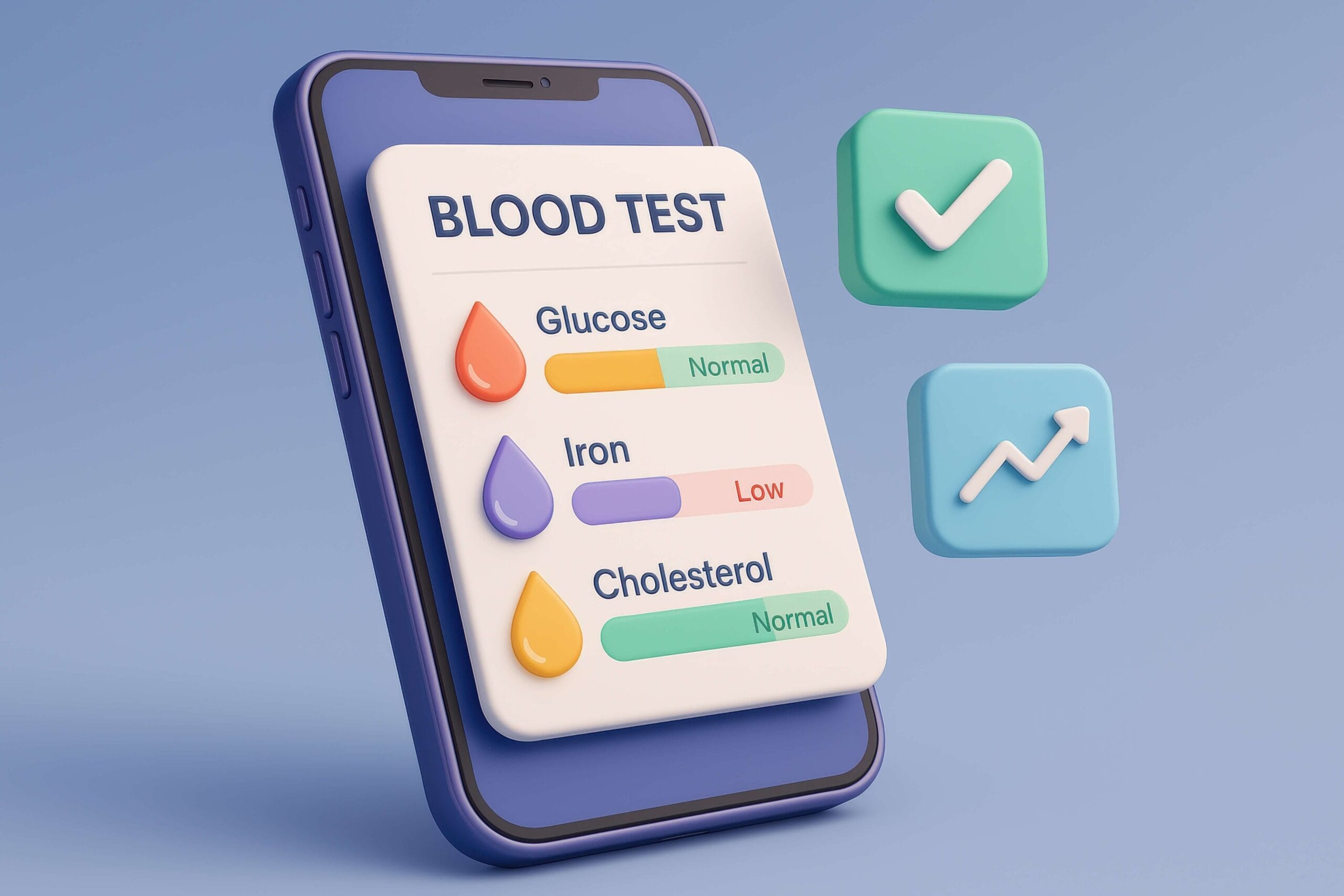Good vision is essential for performing various tasks at work efficiently and safely. As an employer, ensuring the well-being of your employees should be a top priority, and one crucial aspect of their health is their vision. Vision screening plays a vital role in identifying potential vision problems early on, promoting eye health, and maintaining a productive workforce. In this blog post, we will explore the significance of vision screening and the benefits it offers to both employees and employers.
Significance and Benefits of Vision Screening
Detecting Vision Problems
Regular vision screening helps detect vision problems such as near-sightedness, farsightedness, astigmatism, and colour blindness. These issues can significantly impact an employee’s ability to perform their tasks effectively, leading to decreased productivity and potential risks in certain occupations. Vision screening can identify such problems at an early stage, allowing for timely intervention and appropriate corrective measures.
Preventing Eye Strain and Fatigue
Many jobs today involve prolonged periods of computer use and other visually demanding tasks. Continuous exposure to screens, improper lighting, and poor ergonomic conditions can strain the eyes and cause fatigue. Vision screening helps identify individuals who may be more susceptible to eye strain and provides an opportunity to educate employees about proper eye care techniques, ergonomic adjustments, and the importance of taking regular breaks to reduce eye fatigue.
Promoting Safety in the Workplace
In some industries, having good vision is crucial for maintaining a safe working environment. Impaired vision can lead to accidents and injuries, particularly in jobs that require precision, depth perception, or working with hazardous materials. Vision screening can identify employees who may require additional safety measures, such as protective eyewear or job modifications, to ensure their well-being and the safety of their colleagues.

Enhancing Employee Well-being
Healthy employees are happier and more engaged, leading to increased productivity and reduced absenteeism. Vision screening contributes to overall employee well-being by addressing potential vision problems promptly. By providing access to vision care resources, including eye exams and corrective eyewear if needed, employers demonstrate their commitment to the health and satisfaction of their workforce, leading to improved employee morale and loyalty.
Cost Savings for Employers
Investing in vision screening can yield significant cost savings for employers in the long run. Early detection of vision problems and appropriate interventions can help prevent more severe conditions, reduce healthcare costs associated with untreated eye conditions, and minimize the potential impact on employee productivity. Moreover, by proactively promoting eye health, employers may experience fewer workplace accidents and workers’ compensation claims related to vision impairments.
Vision Screen For Healthy Workforce
Vision screening is a valuable tool for maintaining a healthy workforce. By detecting vision problems early, preventing eye strain and fatigue, promoting safety, and enhancing employee well-being, employers can create a positive work environment that fosters productivity and reduces healthcare costs. Prioritising vision screening as part of your occupational health services demonstrates your commitment to the well-being of your employees, leading to a more satisfied and efficient workforce.

At Healthscreen, we understand the importance of vision health in the workplace. Our team of experienced professionals utilises advanced screening techniques and state-of-the-art equipment to detect potential vision problems and provide personalized recommendations. Take a proactive step towards promoting eye health and ensuring the well-being of your employees. Contact Healthscreen today to learn more about our Vision Screening service and schedule an appointment.







